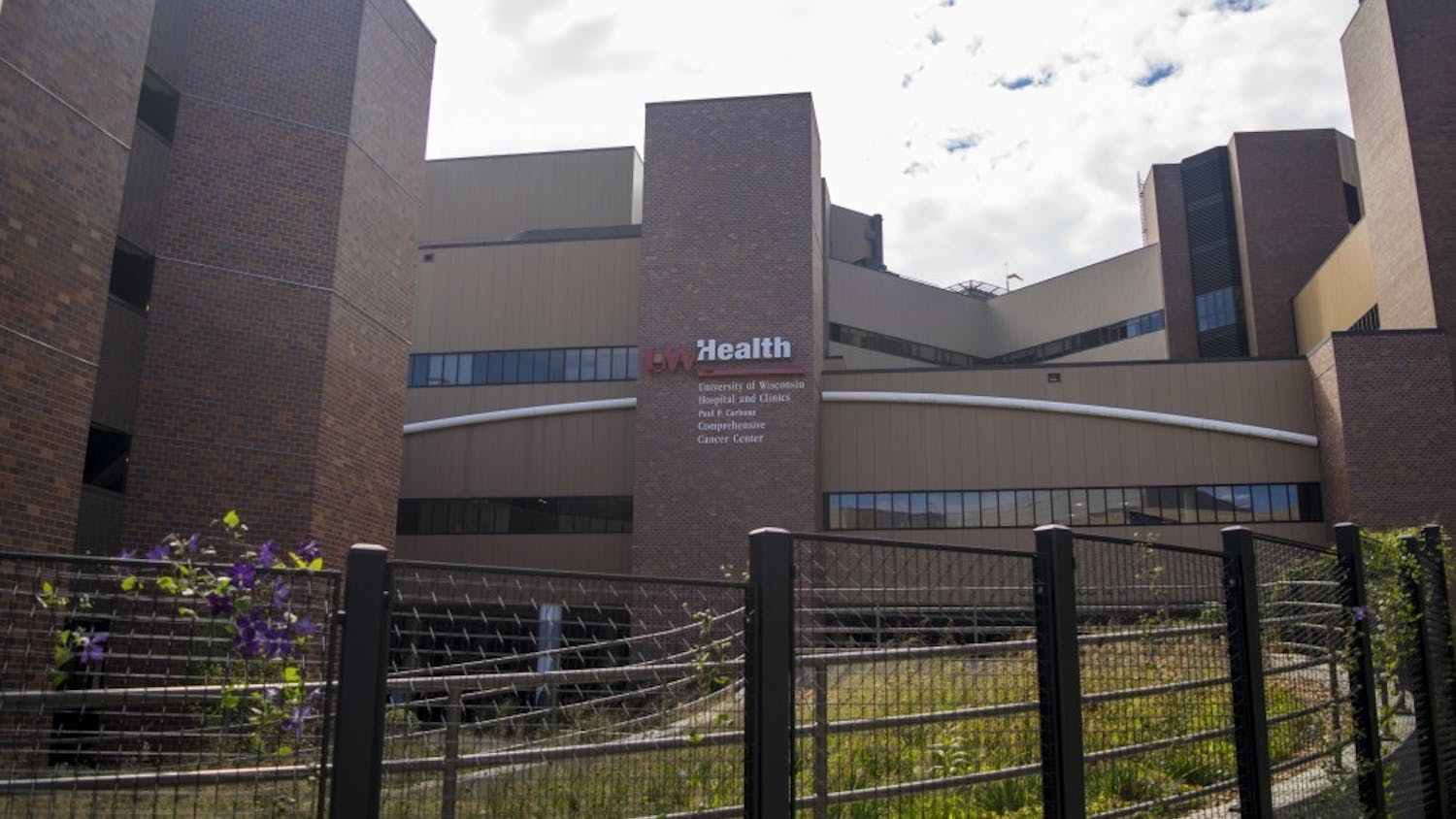University of Wisconsin-Madison professor John Hawks says one of the best parts of his job is the opportunity to speak for those who lived a long time ago.
Hawks, an anthropology professor who started teaching for the department in 2002, researches two different aspects of Neanderthal evolution.
The first is Neanderthal genetics, which Hawks said is an important facet for learning more about modern human biological makeup. Hawks takes ancient bone matter and compares samples to discover what modern humans inherited from Neanderthals.
Hawks also studies the progression of humans since the Agricultural Revolution, specifically the changes within the last 10,000-15,000 years.
Hawks said he enjoys getting to travel internationally where ancient people lived and research their influence on modern humans.
“We’re all part Neanderthal,” Hawks said. “These are ancient people that we’ve known about for a long time that no longer exist to speak for themselves. As a researcher, to be able to give them a voice and show that we’re connected to them has been really important to me.”
Hawks has been featured as a guest expert on various television programs, including National Geographic and the Science Channel’s Through the Wormhole.
He said more students on campus should take advantage of the wide variety of resources available from himself and other experts on campus.
“Our researchers at the UW are often very visible internationally… so it’s neat to be able to show them that someone they’ve taken a class from is an expert in a field,” Hawks said.
Hawks will also help pilot Massive Open Online Courses on campus that will offer online classes to UW Madison students and the public. Video materials for the program will become available in the fall and courses will start in January.
Over time, Hawks said the program will allow him to “virtually” bring the students along on his travels.
“We’re going to be able to film what it’s like to be there,” Hawks said. “It’s just stuff you would never be able to do in the classroom here.”





